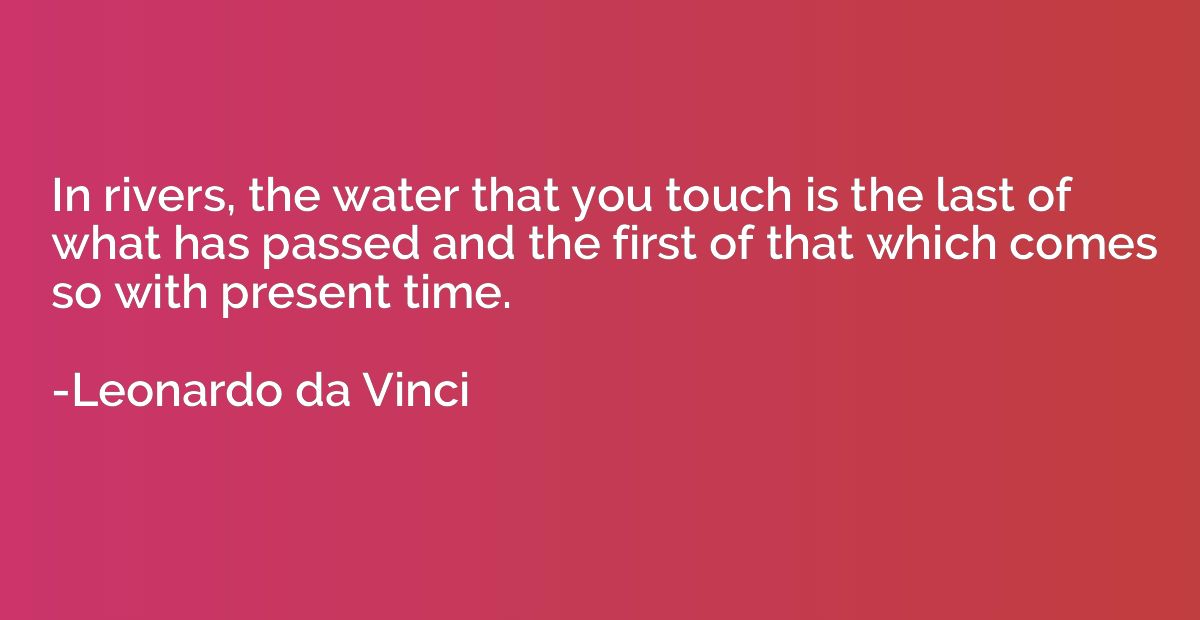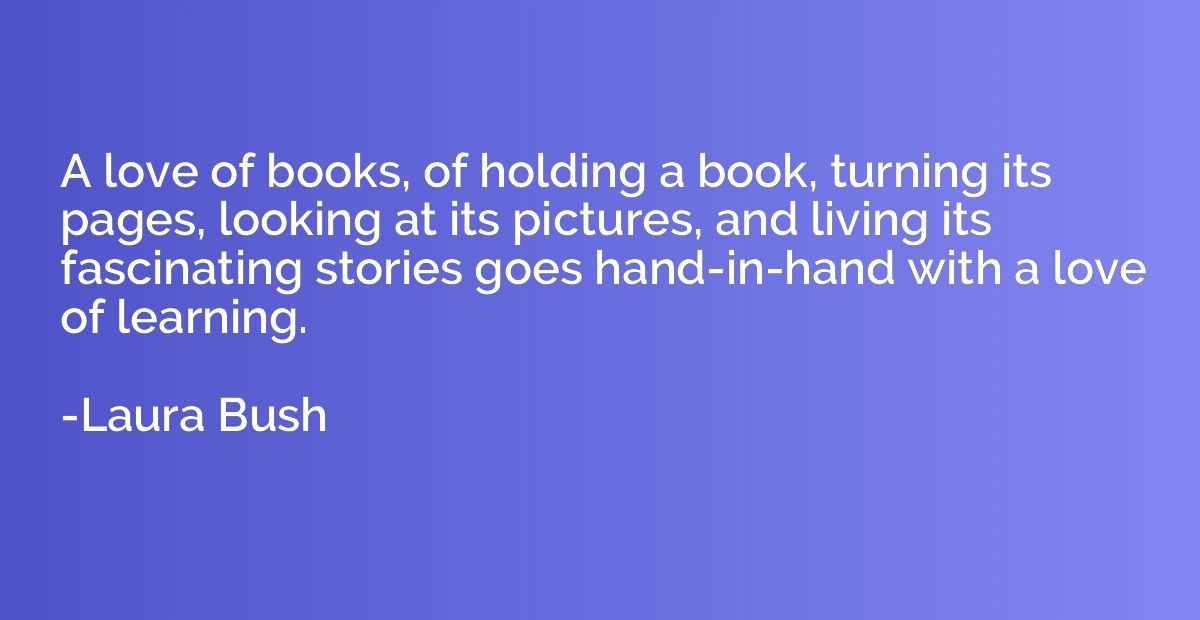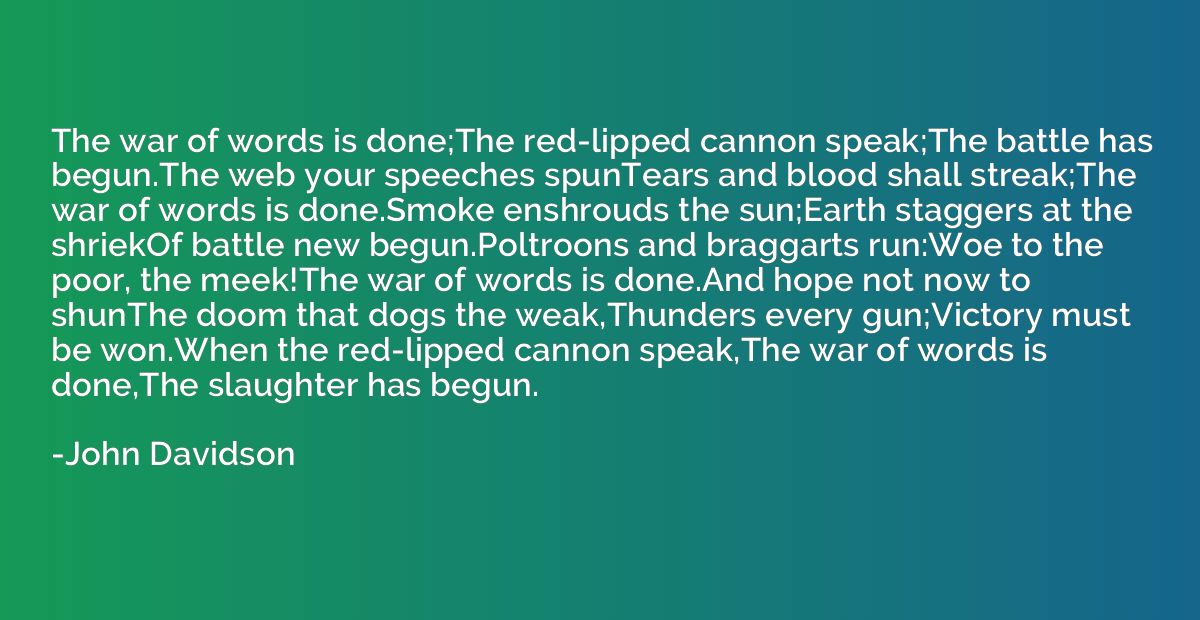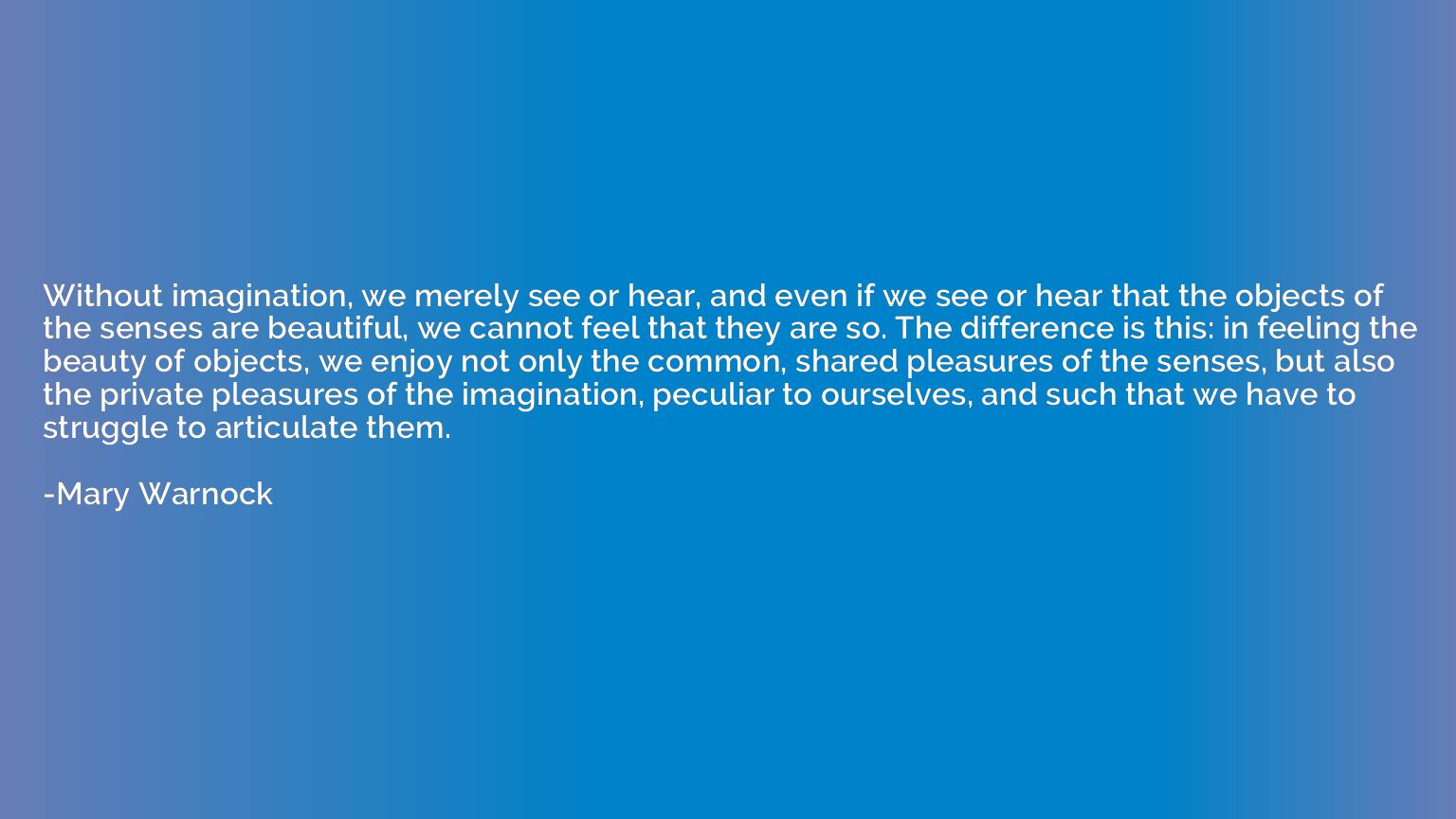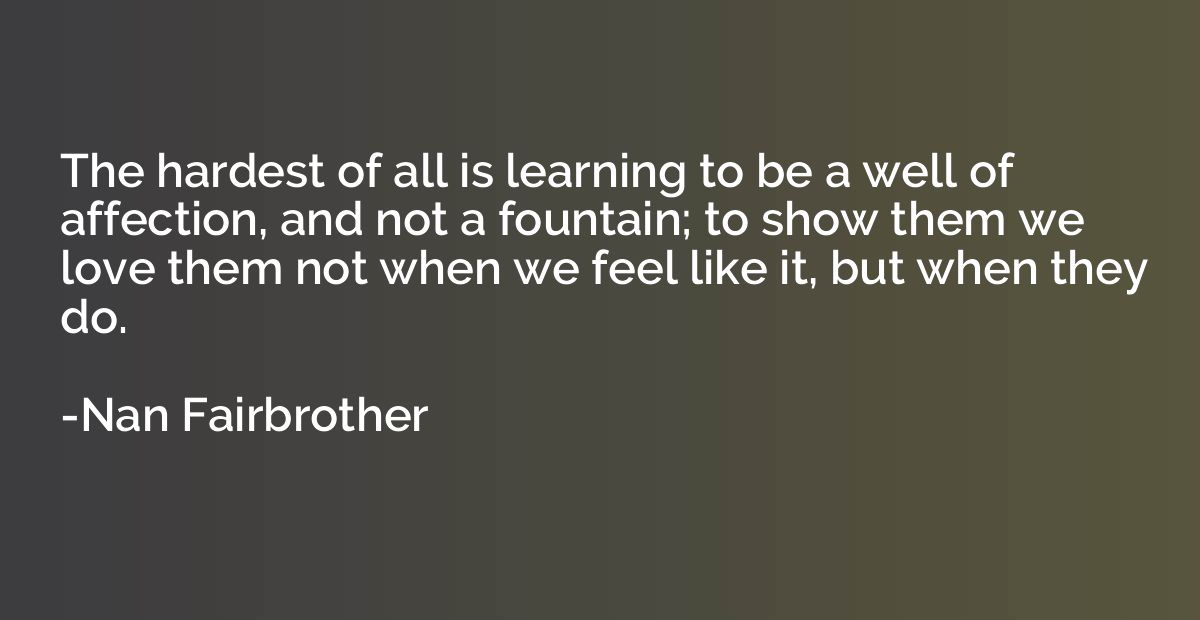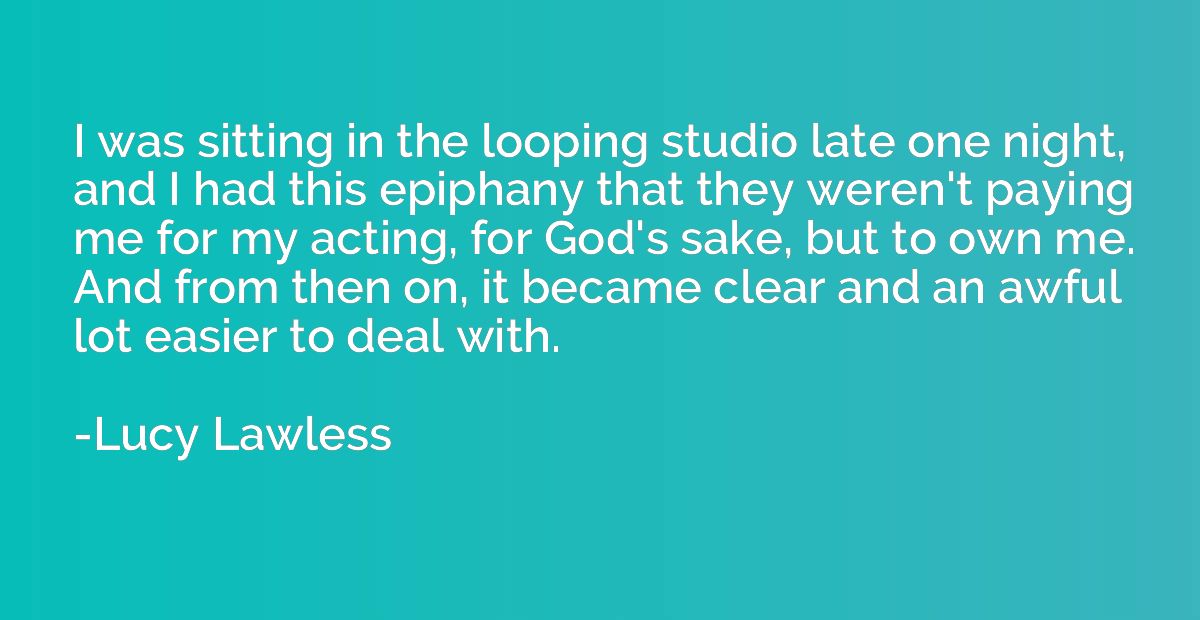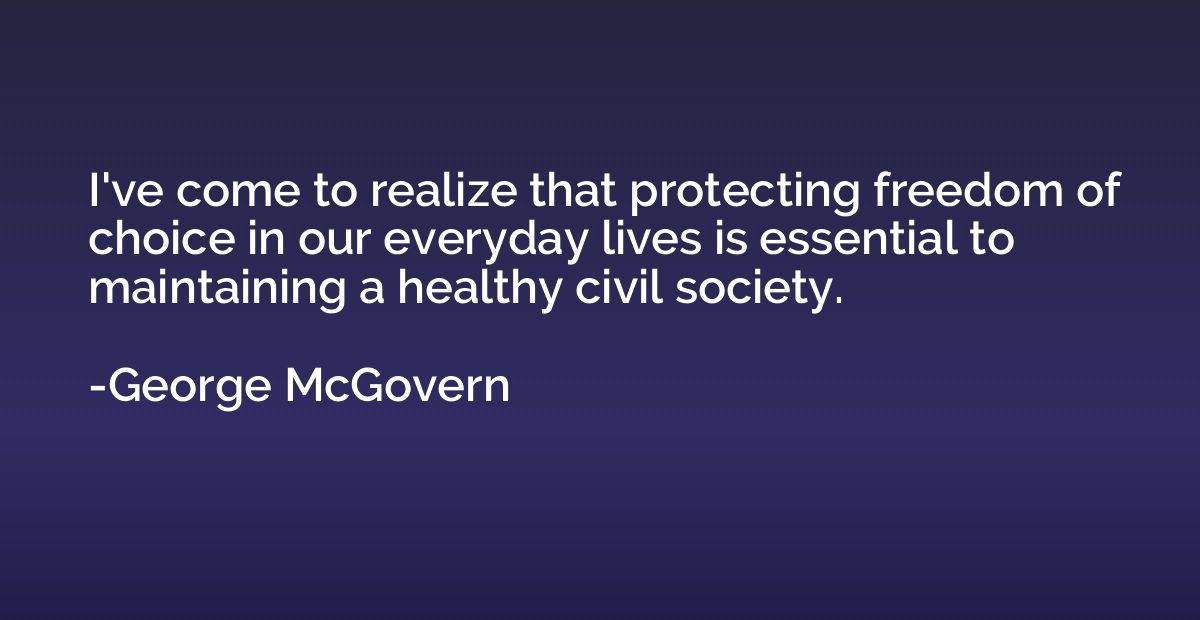Quote by Ernest Hemingway
You know lots of criticism is written by characters who are very academic and think it is a sign you are worthless if you make jokes or kid or even clown. I wouldn't kid Our Lord if he was on the cross. But I would attempt a joke with him if I ran into him chasing the money changers out of the temple.
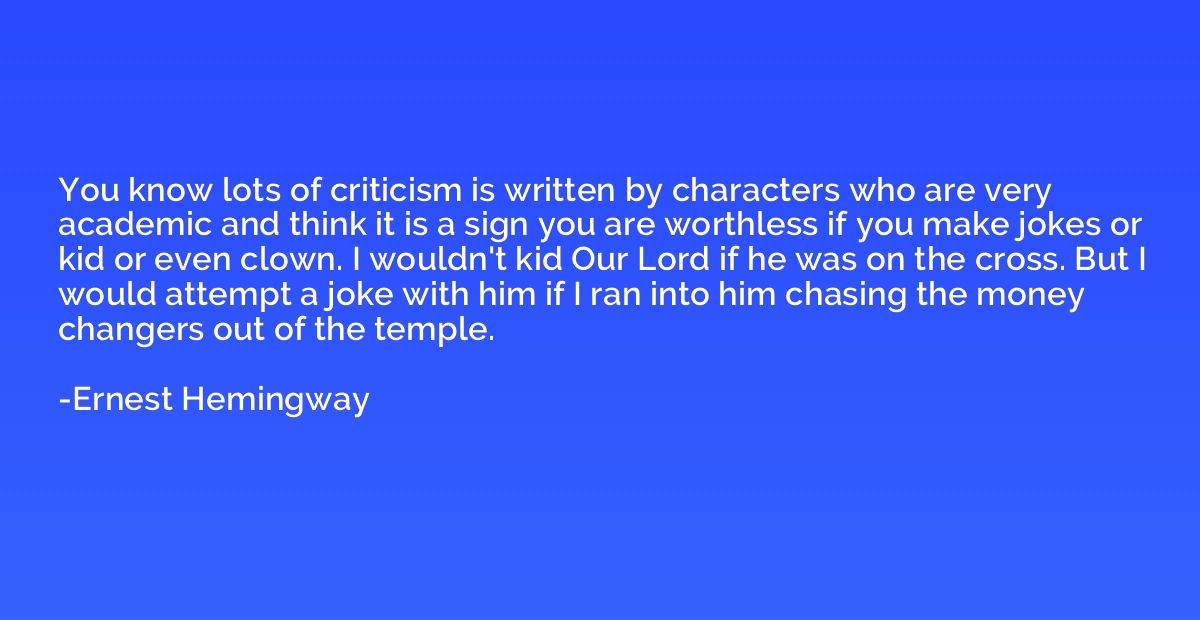
Summary
This quote suggests that many critics, particularly those who are overly academic and serious, tend to devalue individuals who use humor, make jokes, or engage in playful behavior. The speaker asserts that while they would never joke about the suffering of Jesus on the cross, they would feel comfortable making a light-hearted remark while imagining Jesus chasing away the money changers from the temple. The quote highlights the different attitudes towards humor and emphasizes that it is not necessarily a reflection of one's worth or seriousness.





